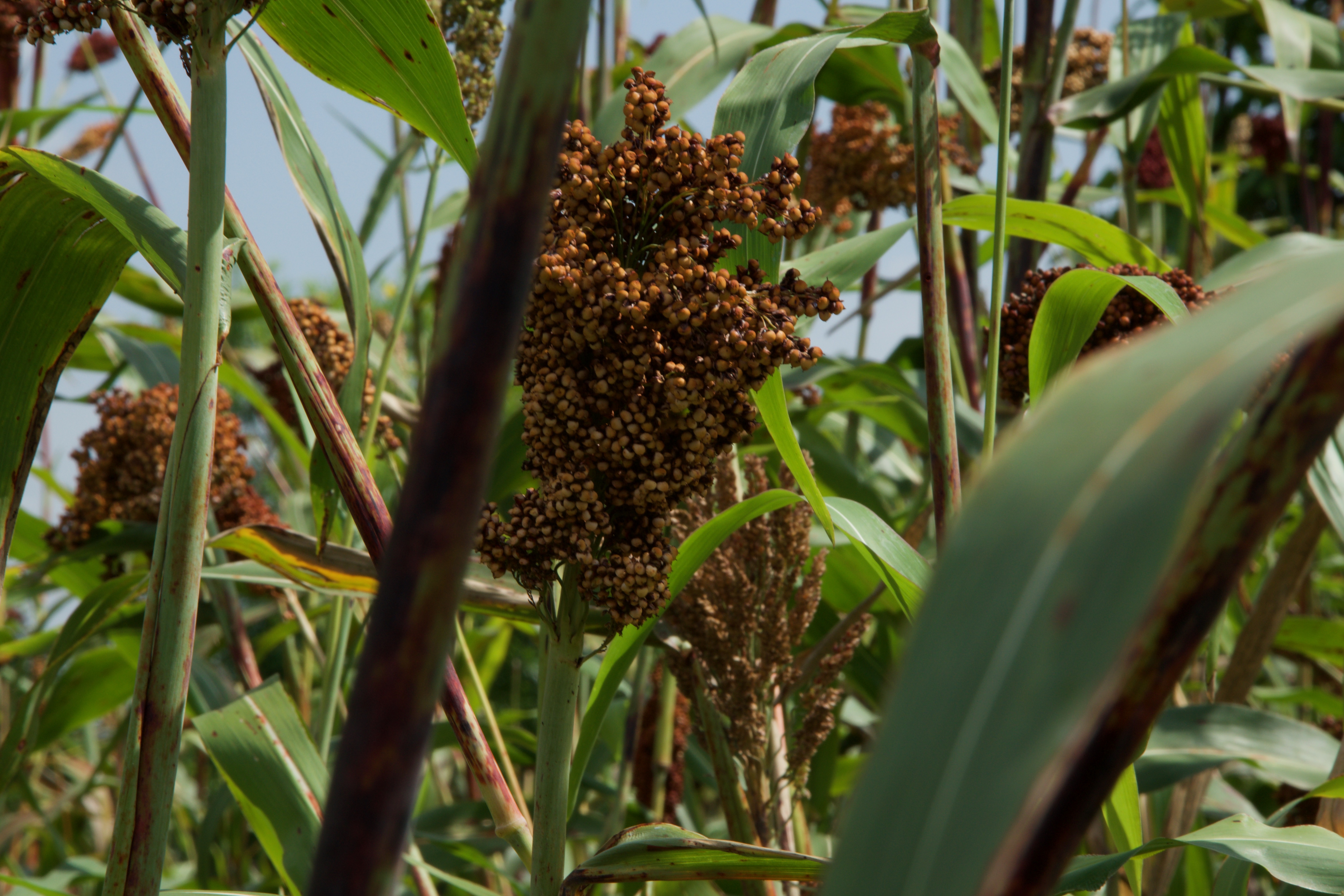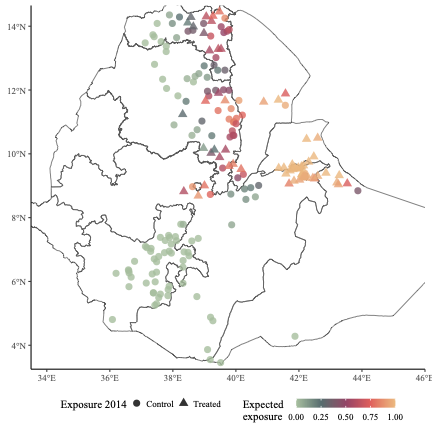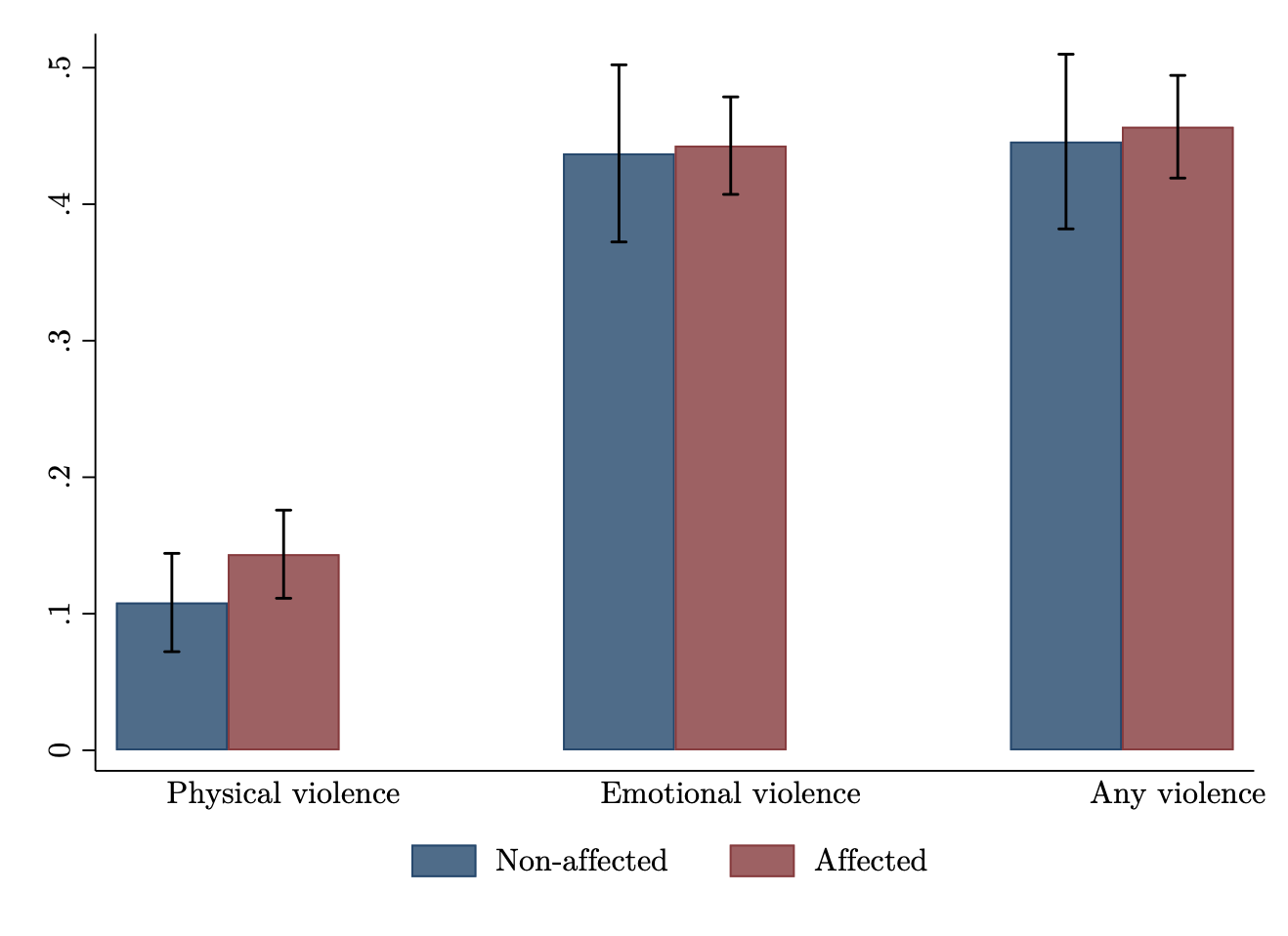Welcome to my website!
I currently work as Senior Economist at Prometeia, in the Economic Analysis & Forecast Division. I am an applied economist with more than five years expertise in the analysis of economic data. My work focuses on risk assessment and program evaluation in agriculture, the societal and economic consequences of gender inequality, and the identification of risks and damages caused by climate-induced shocks.
I obtained a PhD from the Department of Economics at Copenhagen Business School, and a Master and a Bachelor degree in Economics and Social Sciences from Università Commerciale Luigi Bocconi
Between my Master and the beginning of PhD work, I worked as Research Project Manager in Uganda, for Metajua Uganda Ltd. During my Master, I worked at the Research and Evaluation Unit of BRAC Uganda as an Intern
Google Scholartrp.stefano[at]gmail.com



